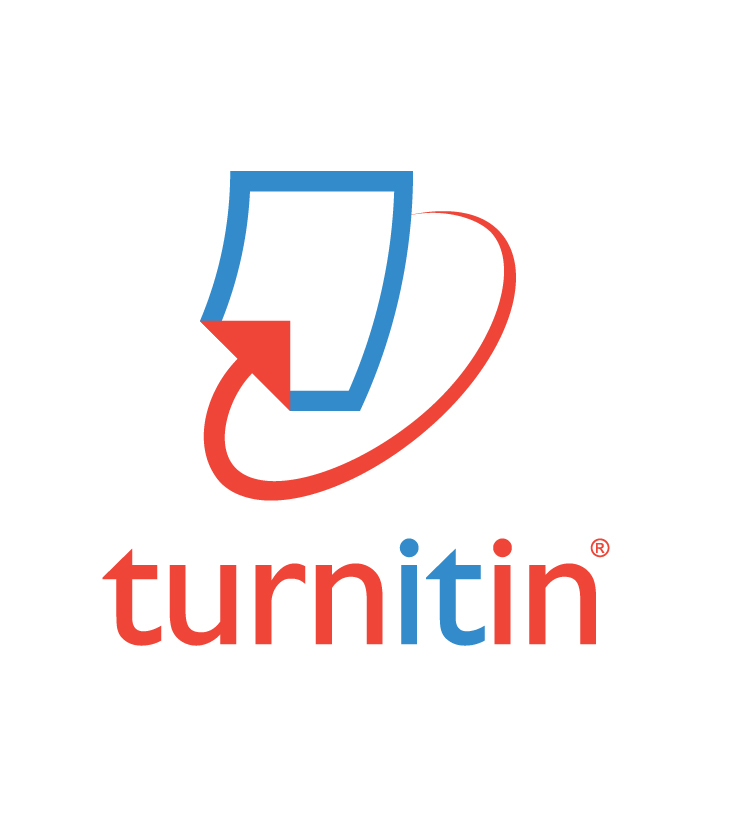Plagiarism
IJVCDC is committed to maintaining the highest standards of academic integrity and ethical publishing practices. Plagiarism undermines the trustworthiness of scientific literature and is a serious ethical violation. The journal has a zero-tolerance policy towards plagiarism and is committed to identifying and addressing any instances of plagiarism in submitted manuscripts.
1. Definition of Plagiarism
Plagiarism is the use of someone else’s ideas, words, data, or work without proper acknowledgment. This includes, but is not limited to:
-
Copying or paraphrasing another author’s text without citation.
-
Using another researcher’s ideas or data without permission or appropriate attribution.
-
Self-plagiarism (reusing one’s own previous work without disclosure).
-
Misleading or deceptive citation practices, such as citing irrelevant or non-existent sources to support a claim.
2. Prevention and Detection of Plagiarism
IJVCDC utilizes plagiarism detection software (Turnitin) to screen all submitted manuscripts for potential instances of plagiarism. Manuscripts may also be manually reviewed for similarity to previously published work. If plagiarism is suspected, the editorial team will:
-
Notify the authors and request clarification or evidence of proper attribution.
-
Investigate the extent of the plagiarism and determine the appropriate course of action in line with COPE guidelines.
3. Consequences of Plagiarism
If plagiarism is confirmed, the following actions may be taken:
-
Immediate rejection of the manuscript.
-
A formal notification to the authors’ affiliated institutions or funding agencies, if applicable.
-
Retraction of the article if it has already been published, with a formal statement issued to correct the scientific record.
-
A report of the incident to relevant academic or professional bodies, if necessary.
4. Author Responsibilities
Authors are responsible for ensuring that their work is original, properly cited, and free from plagiarism. They should:
-
Provide proper citations for all sources referenced in the manuscript.
-
Ensure that all data, figures, and tables are accurately represented and appropriately attributed.
-
Declare any prior submissions of similar work to other journals, if applicable.
5. Editorial Oversight
The editorial team is responsible for ensuring that manuscripts are free from plagiarism before publication. The team will take all necessary steps to protect the integrity of the journal and the scientific community. The editorial board follows COPE guidelines when managing allegations of plagiarism and misconduct.
IJVCDC upholds the highest ethical standards and strives to promote trust and credibility in scientific publishing. The journal is committed to fostering an environment of honesty, transparency, and responsibility in the research process.






 This work is licensed under a
This work is licensed under a 